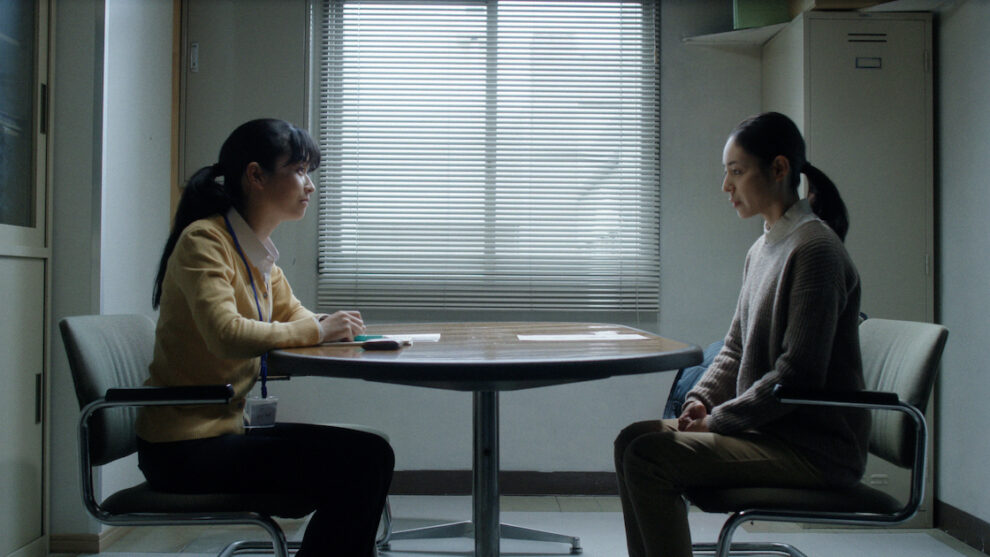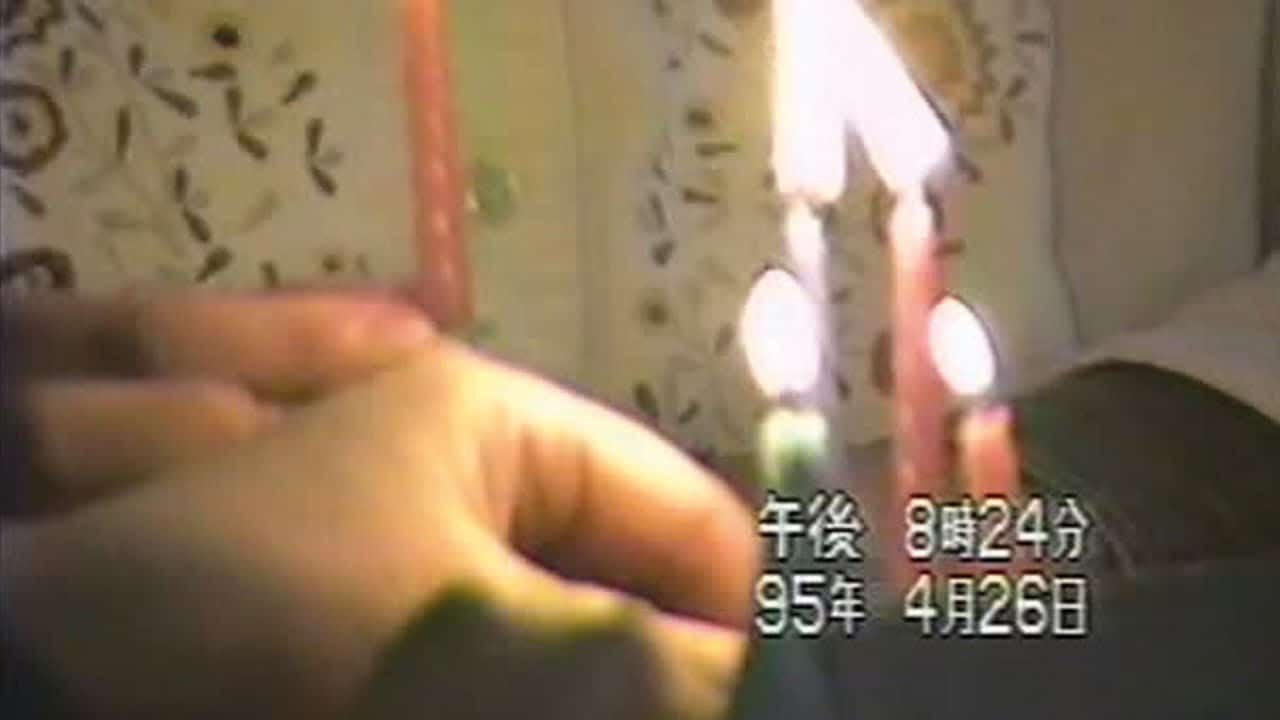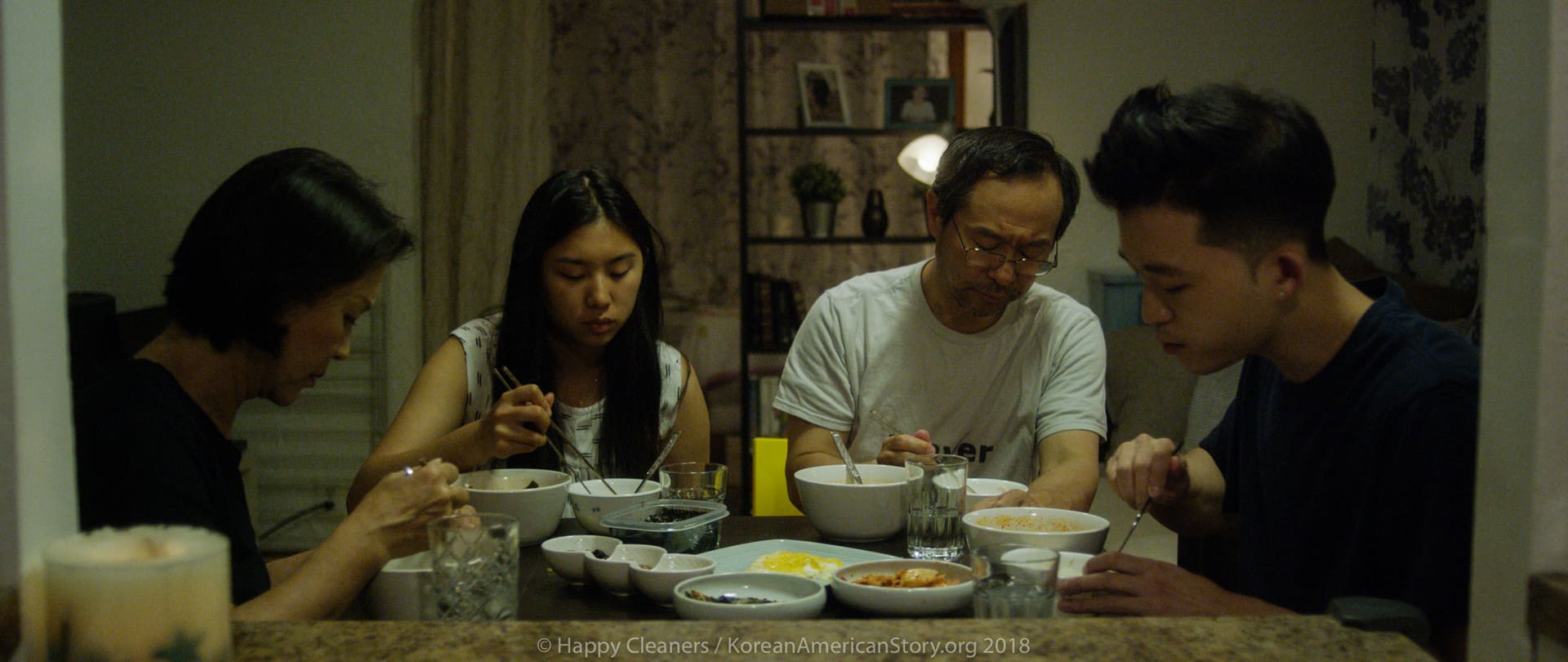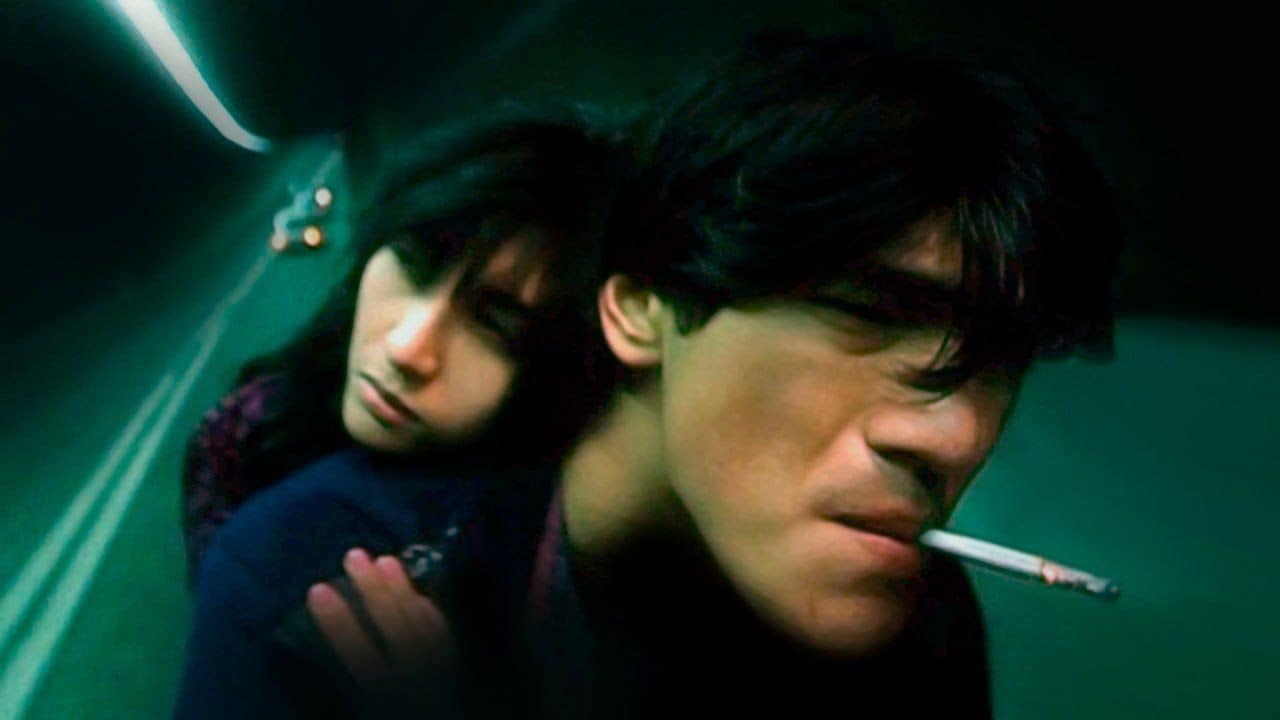Receiving welfare in Japan is a social stigma. Family members are called and asked if there is financial support, supervisors inspect your privacy, and on top of that, you feel the psychological pressure of being labeled as a failed individual. That's why many people in Japan hesitate to make use of it and the downward spiral into poverty worsens. Kota Yoshida (“Sexual Drive”, 2022) showcases one of these touching cases in his newest film “Snow Drop” which has its world premiere at the Osaka Asian Film Festival.
Snow Drop is screening at Osaka Asian Film Festival

Over 33 years “Snow Drop” tells the story of Naoko and her family. Leaving the family when she was little, her father Eiji returns home after 15 years. In the following years, her mother becomes demented and has to be taken care of at home. After Eiji has an accident that prevents him from continuing his job, Naoko, now in the role of the caretaker, can no longer support her parents financially and applies for nursing support to keep her job in the office. The social workers are impressed by Naoko's efforts and have a positive outlook for her after the inspection. Unfortunately, as the mental, physical, and financial conditions worsen, Naoko, her mother, and Eiji make a severe decision to avoid the social stigma of being a welfare benefit claimant.
The film is refreshing and depressing at the same time. Visuals and storyline are connected via subtle camera shots, gliding through the scenes while the dialogue-heavy storyline is recited with a lot of sincerity and honesty by the cast. Led by Aki Nishihara (“Crying Out Love, in the Center of the World”, 2004), the actors are very convincing and evoke compassion in the audience. The topic of shame, the unexpected turn that the movie takes in the last third, and the switch of moods are something that is seldom seen within the Japanese movie world. Borne by the outstanding performances, the viewer is woven more and more into the fate of the protagonists. The movement of the camera dramatizes the situations and encircles the characters as if they have no way out of their misery. Naoko and her parents turn into companions in fate.
The last part reveals the motives behind their actions and Naoko's fear of facing a new life without being in the role of a caretaker. This is where “Snow Drop” takes it to another level and digs deep into the human psyche. Kota Yoshida uses plain pictures to tell his realistic drama. There are no filler scenes or redundant moments. Even the ending fades out with a touching and memorable sequence that does not overdramatize but rather leaves space for the viewer to process the film.
The motive of the return of the missing father and dementia are two topics that have significantly increased in Japanese films and tend to claim more and more space in the screenplays. Lately, “Ripples” and “Great Absence” have been two other examples of these new family dramas mixing social issues with illness and certain types of mania. “Snow Drop” stands out because of its desanitized sincerity and flawless technical execution.















